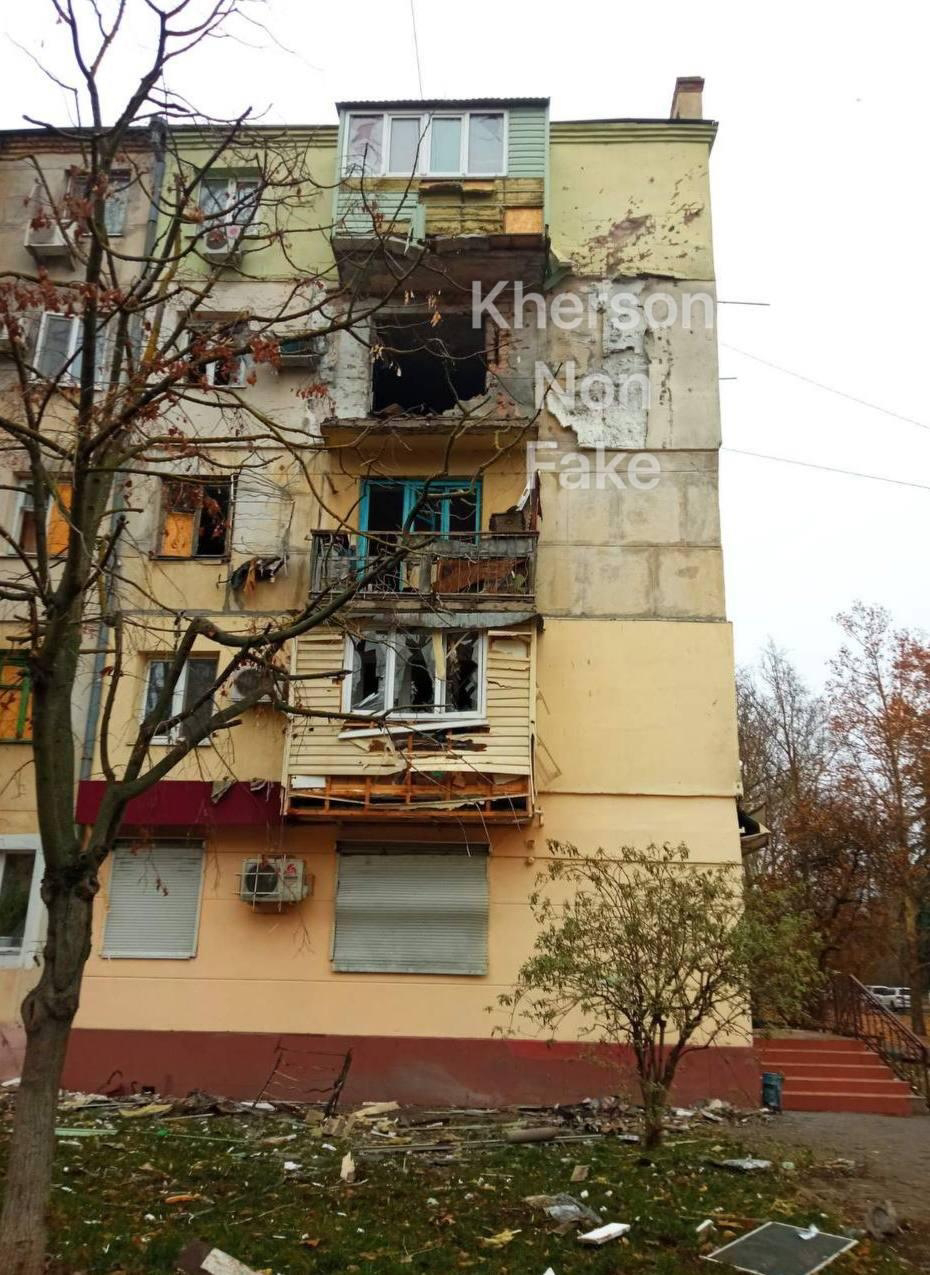Welcome to Odesa...
...city of heroes, we believe is the rough translation on the train station when you arrive. We were exactly on time, 09:50, after an 11.5 hours journey, which must take into account 2 brief stops and the time between the upward and downward bounce along the rails. Because the train really did bounce, in a very disconcerting way, so that it seemed as though it was going to take off sometimes! And there was also the loudest clatter from time to time, almost like the sound of a machine gun. Bob suggested that there were occasional small bits of track missing, which wasn't very reassuring, but the train was so heavy it wouldn't derail - slightly more reassuring! We had our own sleeper carriage and really kind conductors/coach attendants gave us free tea when they realised we were volunteers.
All in all, an interesting journey with little sleep, but when it got light we saw vast fields of wheat and sunflowers. It's easy to see how the Ukrainian flag came into being.
And Odesa is also an unexpected place in some ways - eerily quiet, given that it's Ukraine's third largest city. But it is a tourist (including many Russians before the war) seaside city with hardly any tourists - you can't even go on the beaches because of the danger from mines. And it is a major port that now can't export anything because of the Russian blockade of the Black Sea.
One thing that has resumed over the past few weeks is people going to the opera, ballet, etc, in the amazing opera house. We went to see "The Barber of Seville" after our work for the day, at a fraction of the price in England.
We visited one of Ukraine's largest voluntary humanitarian aid organisations that has operated since the war began, roughly translated as "Guest House." It's in a ramshackle building, staffed by volunteers, which is crammed full of everything imaginable, from cans of beans to nappies. It's open Monday to Saturday, apparently handing out whatever refugees request - if they have it they get it. They see between 500 and 700 families every day.
There are 117,000 refugees in Odesa but no overnight stay centres, as in other places. Somehow the city is managing to absorb the refugees - rented accommodation and the kindness of strangers. Odesa is considered a safe place, like Lviv, but, unlike Lviv, people tend not to move on. Which begs the question of how much support from our funders is needed in this area. It's a question we'll try to answer tomorrow when we go back to see how the Guest House operates, and we'll also try to meet up with a church organisation.







Comments
Post a Comment